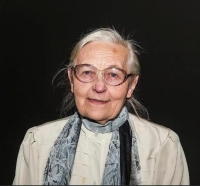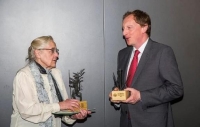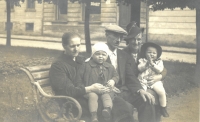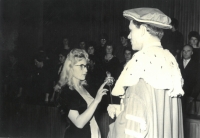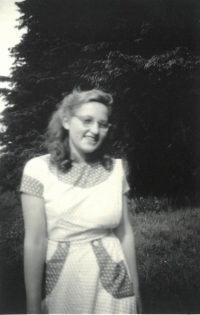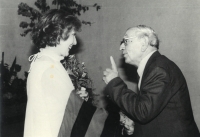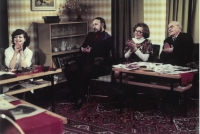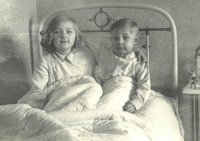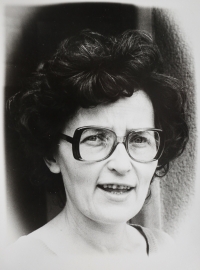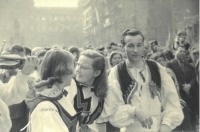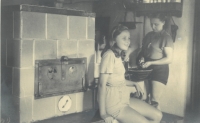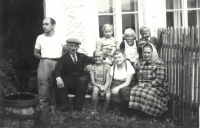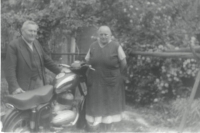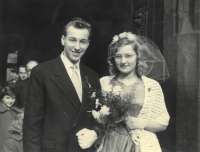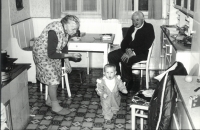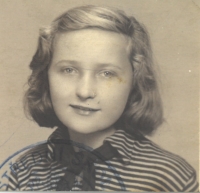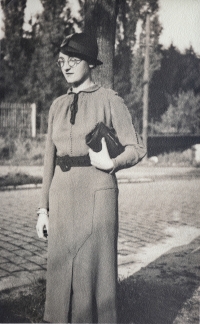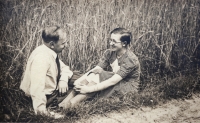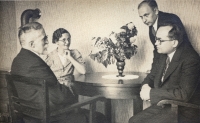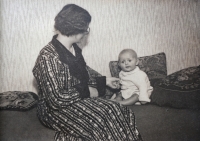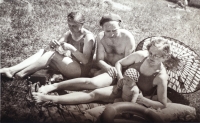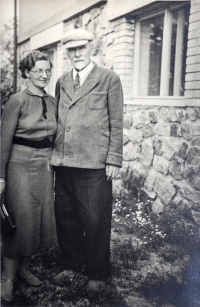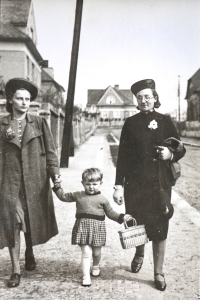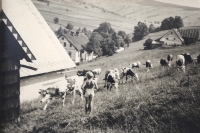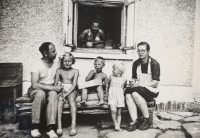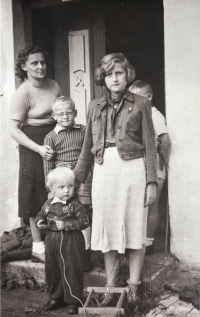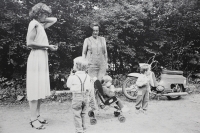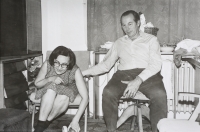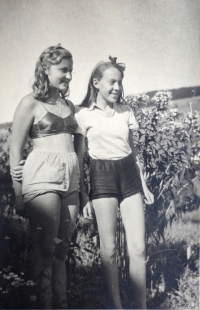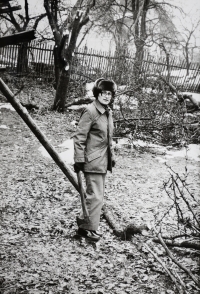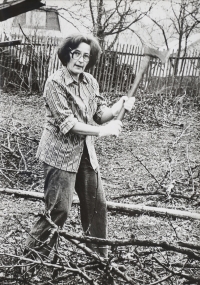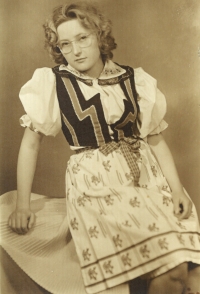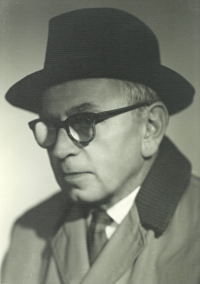I suppose it’s impossible to eliminate human stupidity

Stáhnout obrázek
Věra Ničová, née Urbanová, was born on February 11, 1939 in Prague into a family with significant artistic talent. With the support of Vojta Náprstek, her grandfather Rudolf Urban studied painting at the Academy of Fine Arts, her father, Ladislav Urban, poet, nature illustrator and painter, was friends with V. Holan, I. Olbracht, and S. K. Neumann. He collaborated with his daughter Věra and son Ladislav, for example, on illustrations for the Pocket Guide to Mushrooms and a publication dedicated to medicinal plants. After graduating from a secondary school of applied arts, Věra Ničová got married, moved to Vrchlabí, and within six years, the Nič family included three children. She studied teaching for primary schools at the Teacher Training Institute in Hradec Králové and at the same time led art classes for children in the Vrchlabí region, taught drawing at the Folk Art School (LŠU) in Trutnov and at a grammar school in Vrchlabí. She is the author of a number of publications devoted to plants in general, herbs, herbariums, and flora of the Krkonoše region, which were published in many languages. She successfully exhibited her watercolour and oil paintings of flowers several times. Věra Ničová has lived in Vrchlabí for more than 60 years. In 2021, she was awarded the Award of the Director of the Krkonoše National Park Administration (KRNAP) and the Audience Award.

